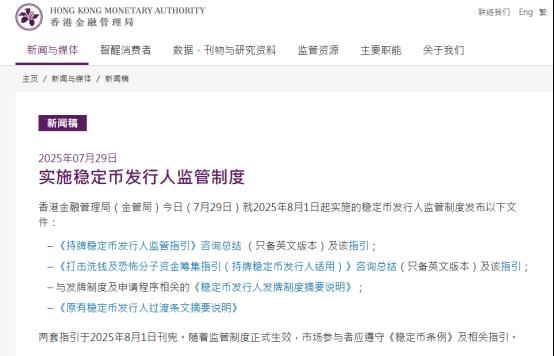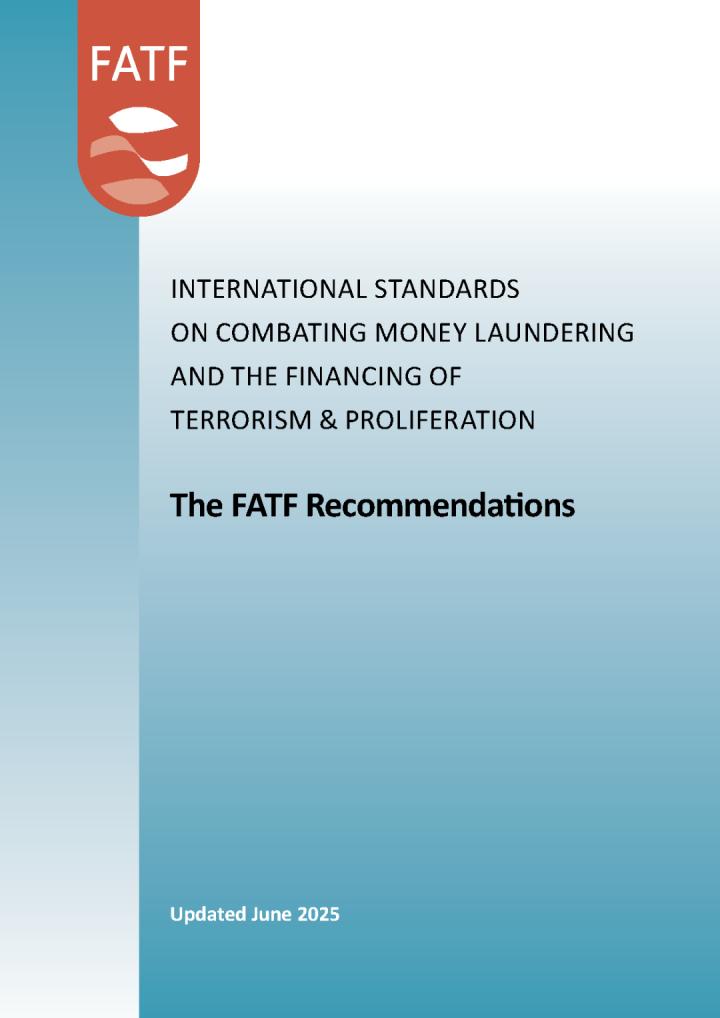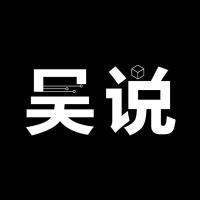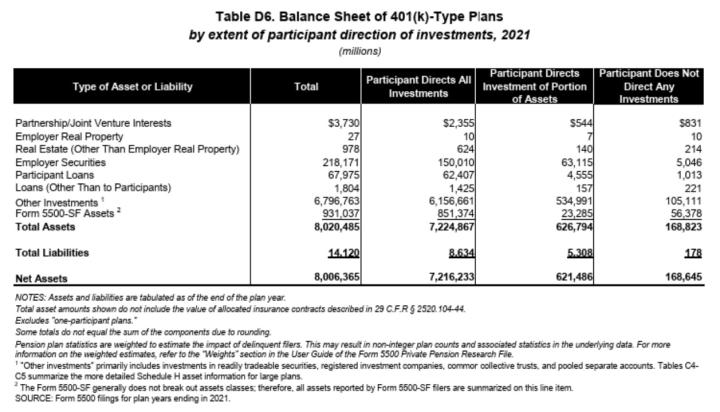Written by: BlockSec
In May 2025, Hong Kong police dismantled a virtual asset money laundering group worth 15 million USD (approximately 117 million HKD), with the involved group mainly splitting and transferring funds through OTC channels located in Tsim Sha Tsui.
Earlier, in the high-profile JPEX case, the Commercial Crime Bureau (CCB) disclosed that many involved funds were exchanged and transferred through OTC shops in Hong Kong, becoming a crucial link in the fraud chain.
In June 2025, the Hong Kong government issued a public consultation document titled 'Legislative Proposal to Regulate Dealing in Virtual Assets', suggesting incorporating all virtual asset trading services, including OTC, into a unified licensing and regulatory framework. Although the proposal is currently still in the consultation stage and has not yet formed into regulations, it clearly outlines the next step for Hong Kong's virtual asset regulation - from early VATP platform licensing, to managing coin shops, and then comprehensively covering VA Dealing services.
In one sentence: In three years, Hong Kong's regulation has moved from an OTC "vacuum zone" to full-chain management.

Phase One (2023): VATP Brought Under Regulation, OTC Becomes a "Loophole"
At the end of 2022, Hong Kong passed the 'Anti-Money Laundering and Counter-Terrorist Financing (Amendment) Ordinance', implementing a licensing system for virtual asset trading platforms (VATP) from June 2023, regulated by the SFC.
VA Dealing Consultation Paper, 1.3 "In December 2022, ... a licensing regime for VA trading platforms (VATPs) ... commenced operation in June 2023 ... must be licensed by the SFC unless otherwise permitted by the law."
According to the VA exchange definition:
Matching virtual asset transactions between buyers and sellers through electronic facilities;
Accessing customer assets (holding, controlling, or arranging custody)
Therefore, the system at that time only targeted "electronic platforms + accessing customer assets" businesses, and physical coin shops, counters, ATMs, and other OTC scenarios were not included, creating a regulatory vacuum.
[The translation continues in the same professional manner for the entire text, maintaining the specified translations for specific terms.]







